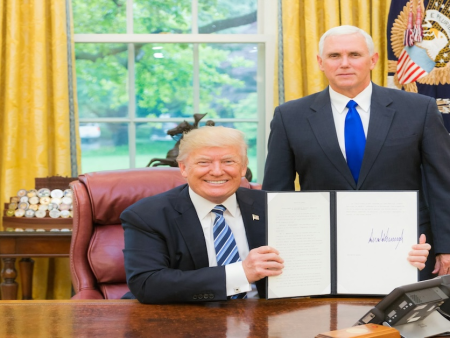
The Regeringskansliet, the Swedish Government, is considering introducing stricter gambling regulations as part of a broader initiative to improve player protection, including implementing a more extensive ban on the use of credit in gambling transactions.
Despite the fact that Sweden’s current Gambling Act already prohibits the use of credit at the point of sale, the existing regulations still leave room for loopholes.
At the moment, the ban only applies to credit provided directly by gambling operators or their agents, which in turn allows players to use external credit sources for gambling purposes outside the initial point of sale, including credit cards or third-party loans.
Under the new legislation which is currently being considered, all forms of credit use in gambling would be banned, and this includes an outright ban on entering into credit agreements with external lenders for gambling and a requirement for operators, both retail and online, to refuse bets from players known to be using credit to fund their gambling.
If this legislation comes into force, the Regeringskansliet (Swedish Government) will very likely ban the use of credit card payments for gambling entirely.
Moreover, operators will also be expected to take proactive steps to discourage credit use in gambling, including through their advertising efforts both online and in physical locations.
By doing this, the Swedish government’s goal is to diminish gambling-related debt and enhance financial safeguards for its players.
Despite the strict proposal, the new ban suggests that there are going to be potential exemptions for certain lottery operators, though specific details on these exclusions are yet to be confirmed.
This initiative follows a growing regulatory push in Sweden that started in February, when the Swedish Trade Association for Online Gambling (BOS) urged the Ministry of Finance to revise the Gambling Act.
As a result, in April, the Swedish Gambling Authority (Spelinspektionen) also released a report that recommends tighter controls to address ongoing legal gaps in online gambling oversight.





